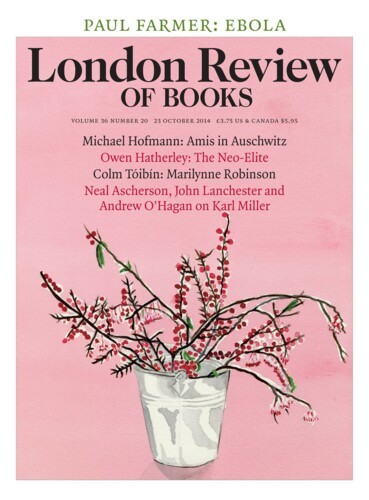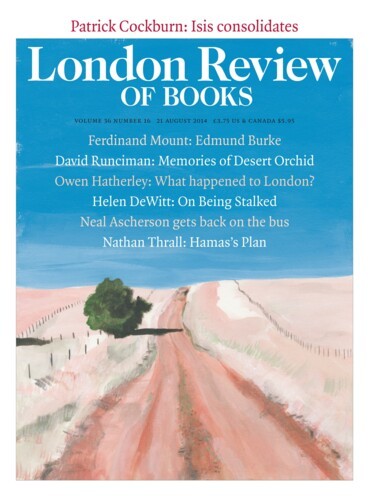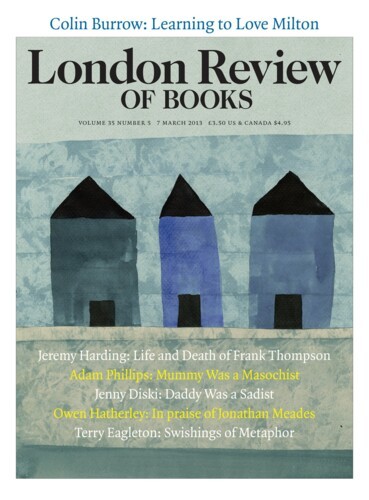Who will stop them? The Neo-Elite
Owen Hatherley, 23 October 2014
Part of what makes Owen Jones such a phenomenally successful figure by left-of-Labour standards is his ability to be several things at once. He is both insider, reporting back to ‘us’ about what ‘they’ think, and outsider, as shocked and angry about it as ‘we’ might be. He was brought up in Sheffield, Falkirk and Stockport and speaks in a sharp Mancunian accent, but he is also an Oxford graduate, with all the connections that can entail. He has Westminster experience as a parliamentary researcher, but to John McDonnell.



